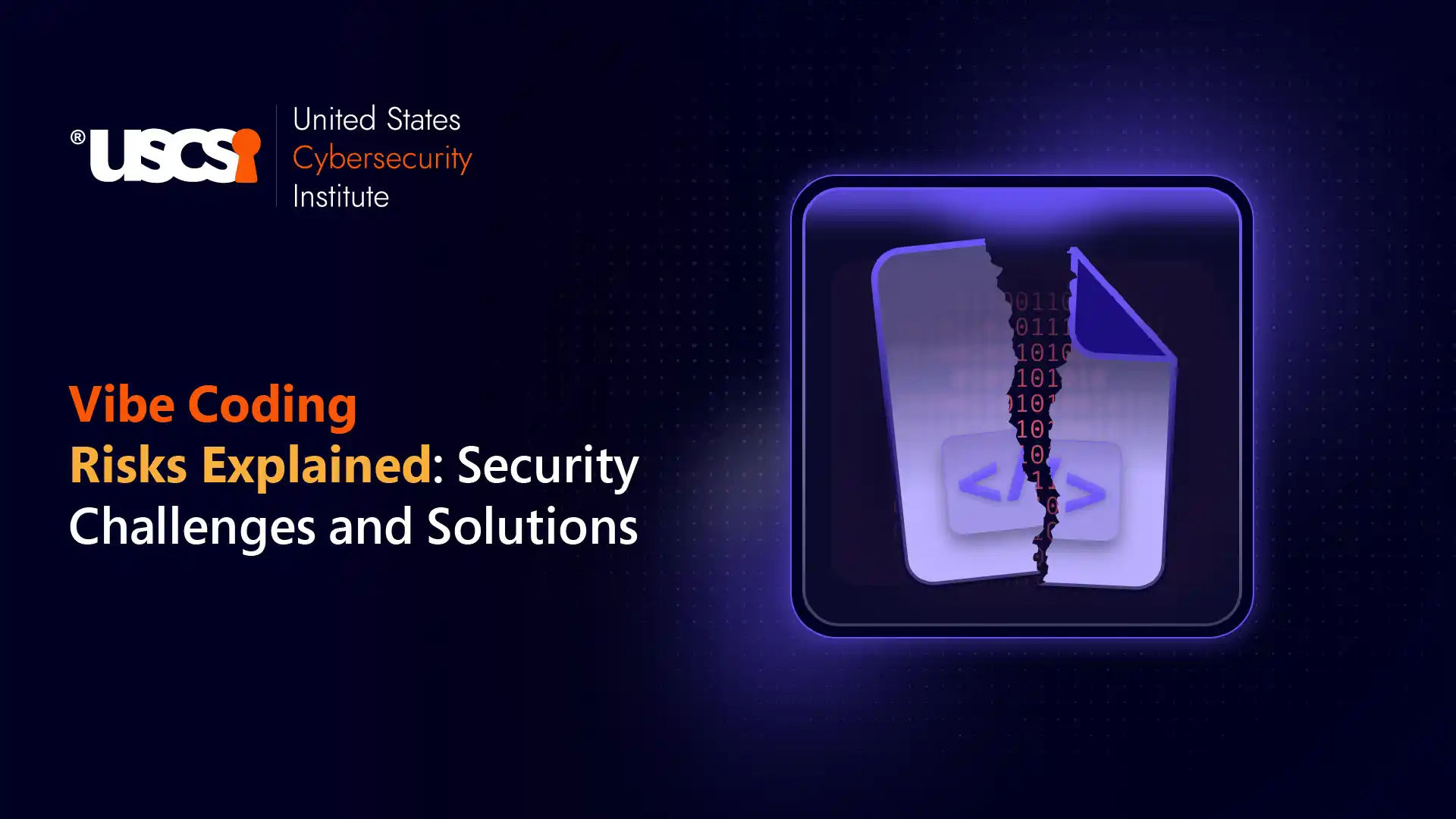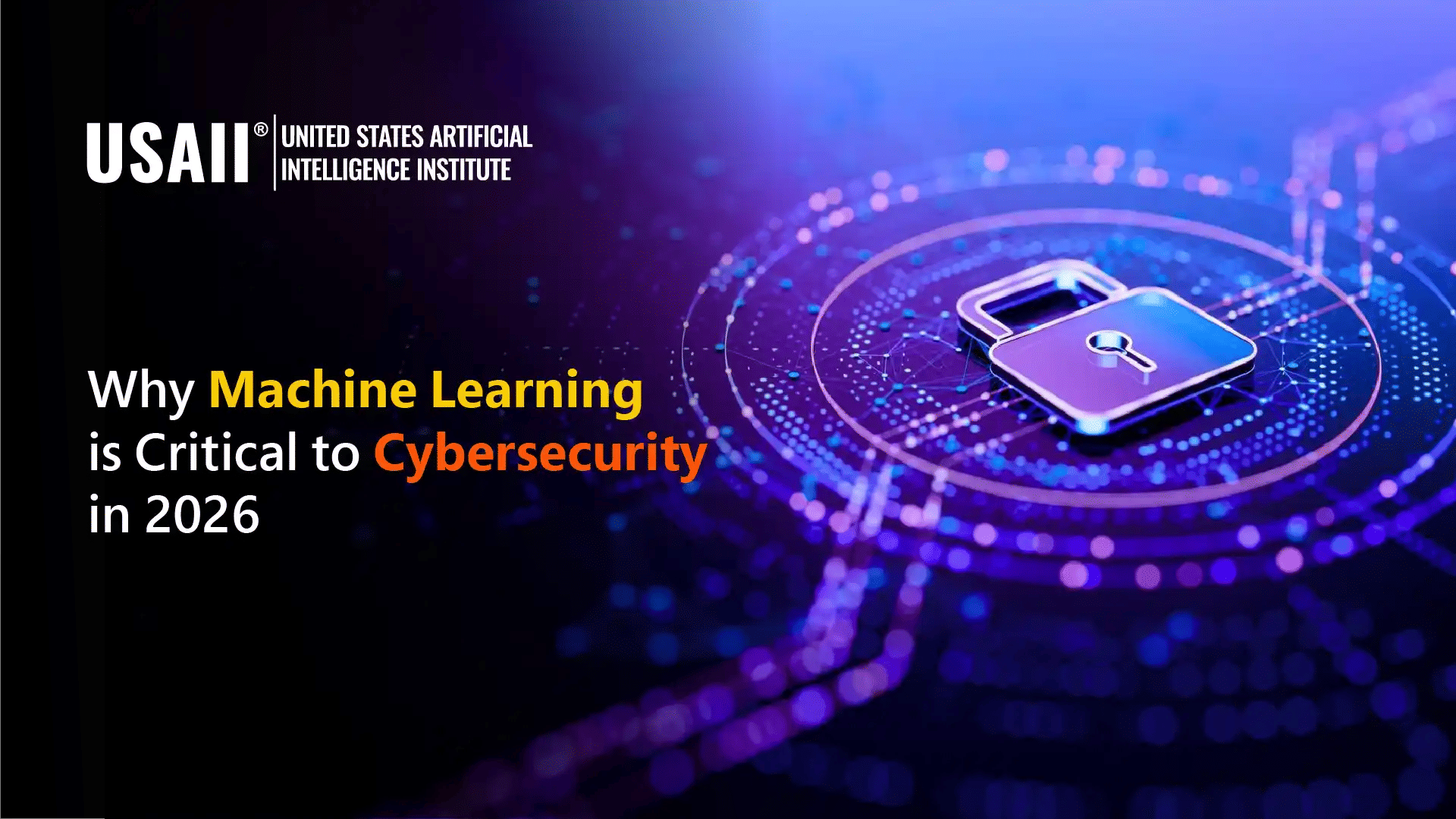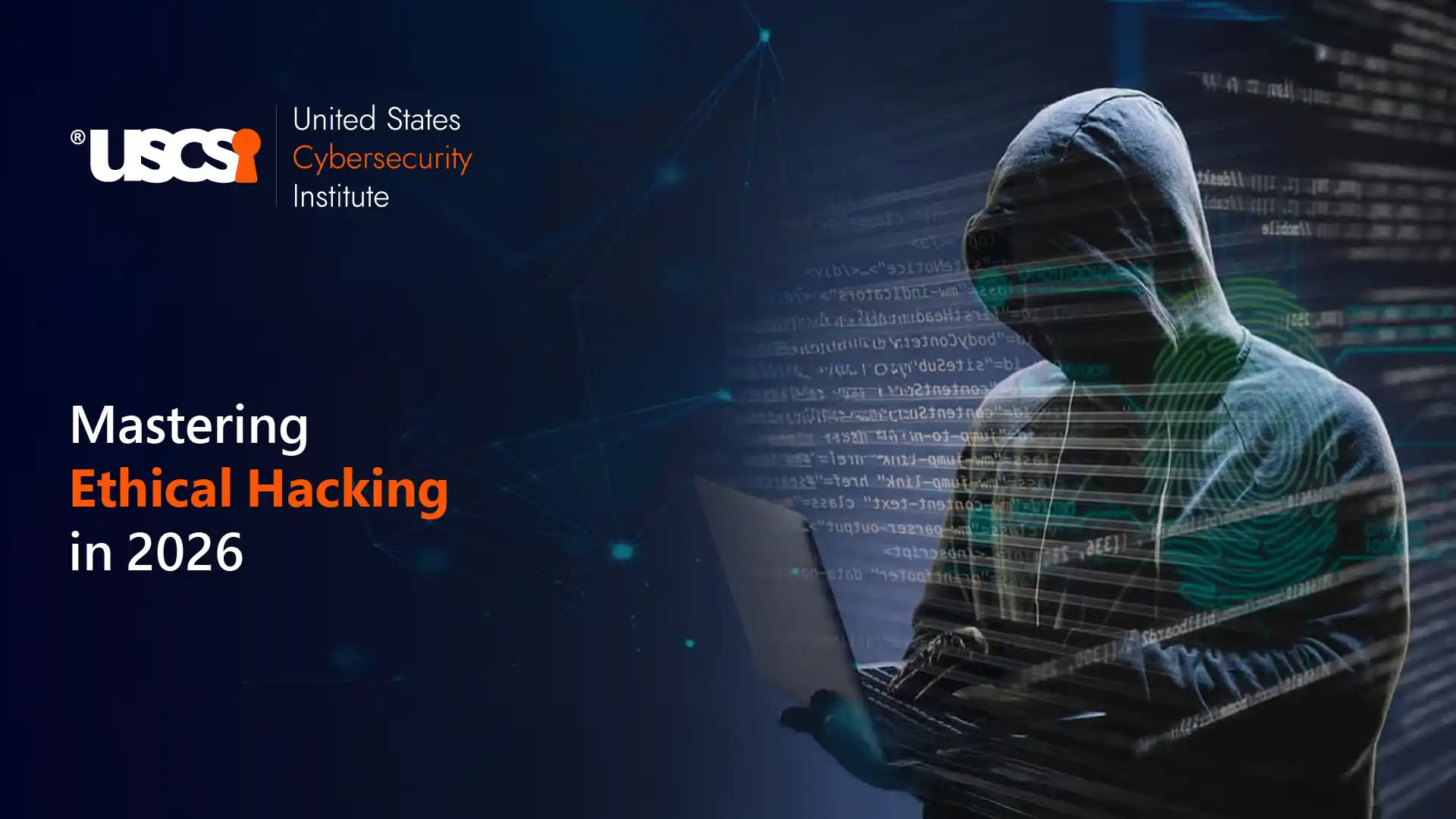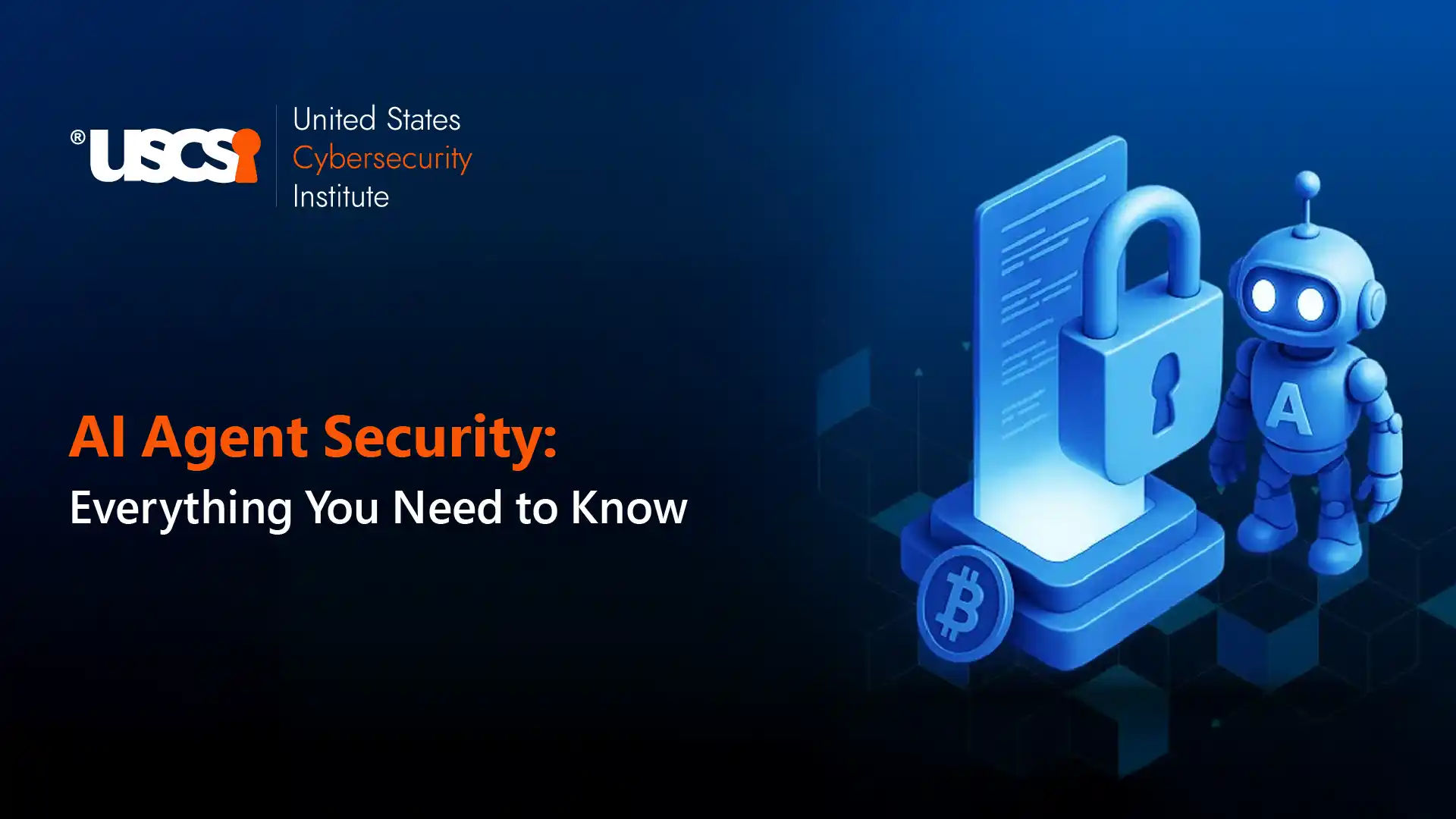

Top 8 Cybersecurity Skills to Electrify Your Career
While we move forward to embrace the digital era, and with the rapid growth of digital transformation of enterprises and the dependence on cloud-based storage, the demand for cybersecurity professionals has skyrocketed. When the world witnesses the generation of enormous amounts of data that are driving the tech industries safeguarding this digital data has become a top priority for organizations worldwide, leading to a surge in cybersecurity job opportunities. To thrive in this field, possessing a diverse skill set covering various aspects of cybersecurity is crucial.
It is time to explore the top 8 cybersecurity skills you must develop to excel in this rapidly evolving industry.
1. Networking and System Administration
Understanding networking is fundamental for any aspiring cybersecurity professional. Deep knowledge of data transmission and network architecture is essential to secure sensitive information effectively. To strengthen your foundation, consider pursuing certifications such as CompTIA Security+ and Cisco CCNA, which provide comprehensive insights into networking principles.
In addition to networking, mastering system administration is crucial. This skill involves configuring and maintaining computer systems, allowing you to gain a thorough understanding of computer features and settings. Exploring different operating systems and experimenting with their functionalities will broaden your skill set and enable you to protect systems effectively.
2. Operating Systems and Virtual Machines
The next most needed skill required for cybersecurity professionals is efficiency in operating systems. The easiest and most used operating systems are Windows, Linux, and Mac OS, and you will find ease in collaborating with each of them.
Getting acquainted with multiple operating systems allows one to gain an insight into the potential vulnerabilities and enforce suitable security protocols. Additionally, virtual machines (VMs) provide a safe and isolated environment for training and research. Leveraging VMs will maximize your learning opportunities and help you enhance your cybersecurity skills.
Kali Linux is a particularly valuable operating system to learn, a popular distribution for ethical hacking and penetration testing. Kali Linux offers a vast collection of tools for tasks such as penetration testing, malware analysis, and computer forensics. Mastering Kali Linux will equip you with essential capabilities for addressing cybersecurity threats effectively.
3. Network Security Control
Network security control encompasses a spectrum of measures employed to bolster network security. A comprehensive understanding of network operations and the roles of devices such as routers and firewalls are vital for successful network security implementation.
Firewalls, available in both hardware and software variations, play a pivotal role in filtering and blocking unauthorized network traffic. Mastery in configuring and leveraging firewalls is a fundamental skill set for cybersecurity professionals. Operating intrusion detection systems allows you to identify network security policy violations and malicious traffic. Similarly, understanding VPNs and remote access protocols will enable you to secure network connections and protect sensitive data.
4. Coding
The mastery of coding skills allows you to gain insights into the underlying mechanisms of software and identify potential vulnerabilities.
It is highly recommended to explore programming languages such as
- C and C++, which are commonly employed in cybersecurity due to their low-level characteristics.
- JavaScript is valuable for preventing cross-site scripting attacks
- PHP is essential for defending against intruders targeting websites.
- HTML is widely used by cybersecurity professionals.
- Go lang is specifically designed for cryptography and can solve various cybersecurity problems.
- SQL, the language used to manage and manipulate databases, is essential for understanding and defending against SQL injection attacks.
- Knowledge of assembly language will provide insights into malware functionality and aid in combating it effectively.
5. Cloud Security
As organizations increasingly adopt cloud infrastructure for data storage and application deployment, the demand for professionals with cloud security skills is on the rise. Platforms such as AWS, Azure, and Google Cloud Platform offer robust security features, and cybersecurity professionals must be well-versed in securing cloud-based systems.
Familiarity with cloud-specific security measures, such as identity and access management, encryption, and incident response, is crucial for mitigating risks associated with cloud computing.
6. Blockchain Security
Blockchain has the potential to revolutionize various industries, including Internet of Things (IoT) devices, supply chain integration, and identity control. Its decentralized nature and cryptographic protocols make it incredibly challenging for attackers to compromise. By familiarizing yourself with blockchain technology, you can position yourself as an asset in securing blockchain-based systems.
7. Internet of Things (IoT) Security
The exponential growth of IoT devices poses a substantial challenge for cybersecurity experts. With a projected 30 billion connected devices globally by 2025, prioritizing the security of IoT networks has become a critical concern. IoT devices often collect sensitive personal data, making the protection of these devices and networks critical to maintaining security and consumer trust.
8. Artificial Intelligence (AI) in Cybersecurity
By capitalizing on AI advancements, security professionals can streamline their threat identification and response processes, significantly reducing the chances of cyberattacks going undetected.
AI-powered cybersecurity solutions can analyze vast amounts of data, detect patterns, and identify anomalies that may indicate potential threats.
Conclusion
Remember, the demand for cybersecurity professionals is on the rise, and by investing in your cybersecurity learning journey and obtaining top certifications, you can unlock a world of opportunities and enjoy a rewarding career in this dynamic and crucial field.
Additionally, acquiring additional skills such as risk analysis, information security, security incident handling and response, security audit, and knowledge of relevant laws and regulations will further enhance your expertise. Embrace continuous learning and stay updated with the latest industry trends to excel in your cybersecurity career.





